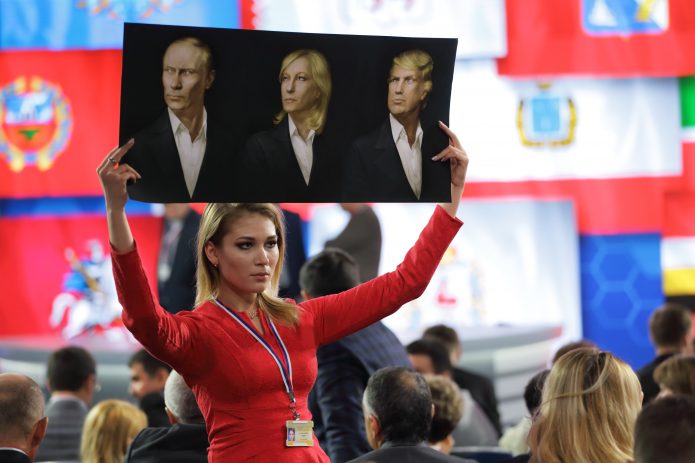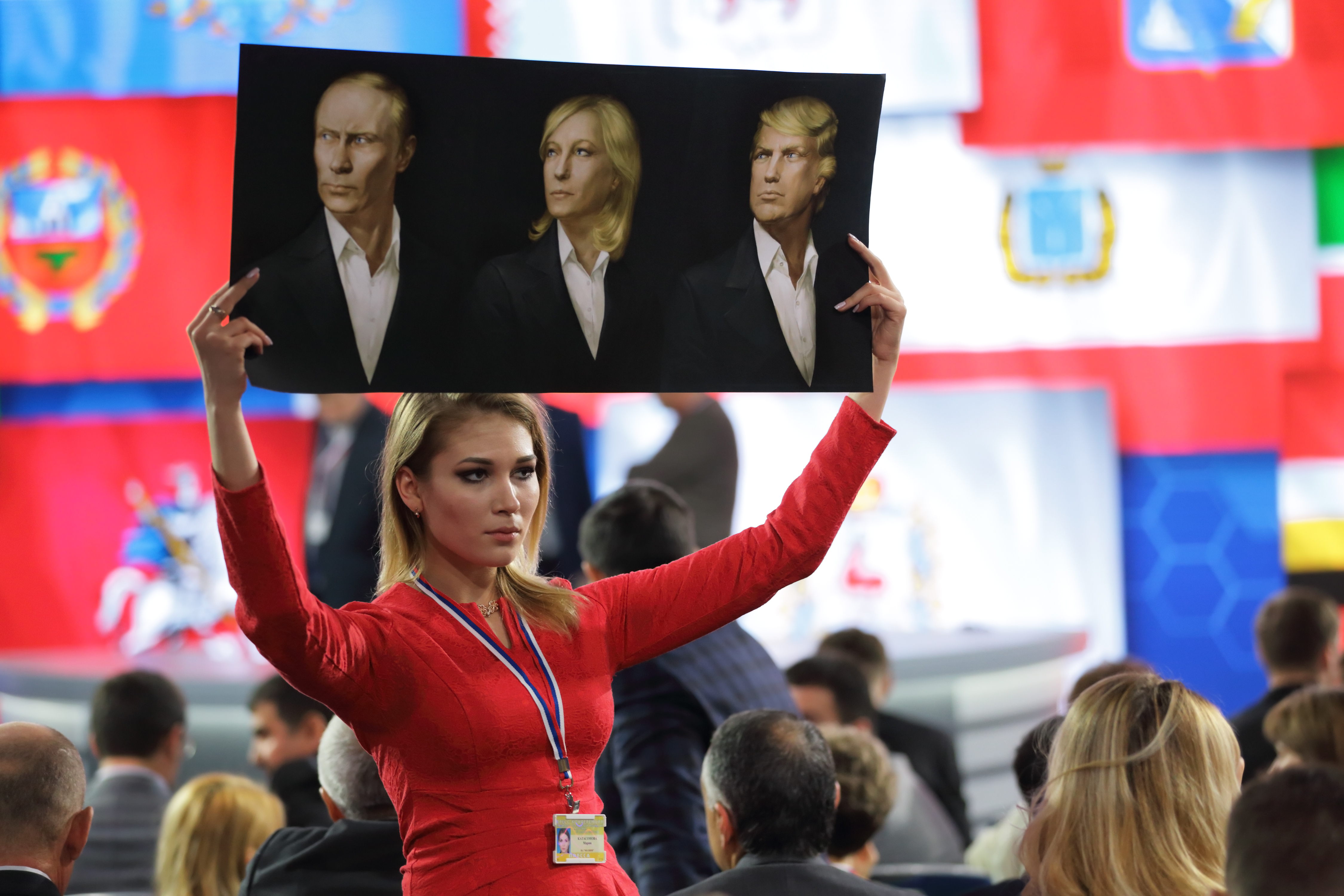
(Photo: Shutterstock)
Donald Trump is a worldly fellow. He travels the globe on his private jet. He’s married to a Slovene and divorced from a Czech. He doesn’t speak any other languages, but hey, he’s an American, so monolingualism is his birthright.
His fortune depends in large part on the global economy. He has business interests in nearly two-dozen countries on four continents. Many of the products anointed with the Trump brand roll off a global assembly line: Trump furniture made in Turkey and Germany, Trump eyeglasses from China, Trump shirts via Bangladesh and Honduras (among other countries). Just as wealthy Americans often slight the role the domestic infrastructure has played in the making of their fortunes, Trump routinely disregards how much his depends on the infrastructure of the global economy.
The new president’s cabinet nominees are a similarly worldly lot, being either generals or multi-millionaires (or both), or simply, like their president, straight-out billionaires. Rich people jet off to exotic places for vacations or to make deals; generals are dispatched to all points of the compass to kill people. With an estimated net wealth of more than $13 billion, Trump’s cabinet could be its own small island nation. Make that a very aggressive island nation: the military men in his proposed cabinet — former generals Mike Flynn (national security adviser), James Mattis (defense secretary), and John Kelly (head of Homeland Security), as well as former Navy Seal Ryan Zinke (interior secretary) — have fought in nearly as many countries as Trump has done business.
…
